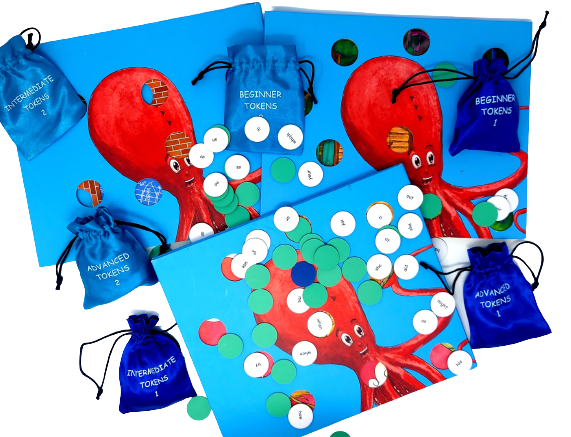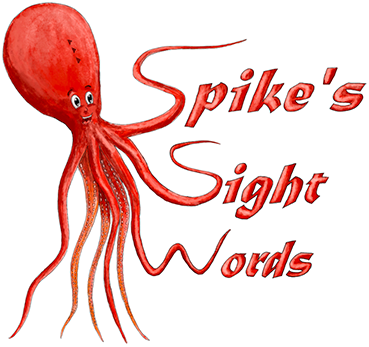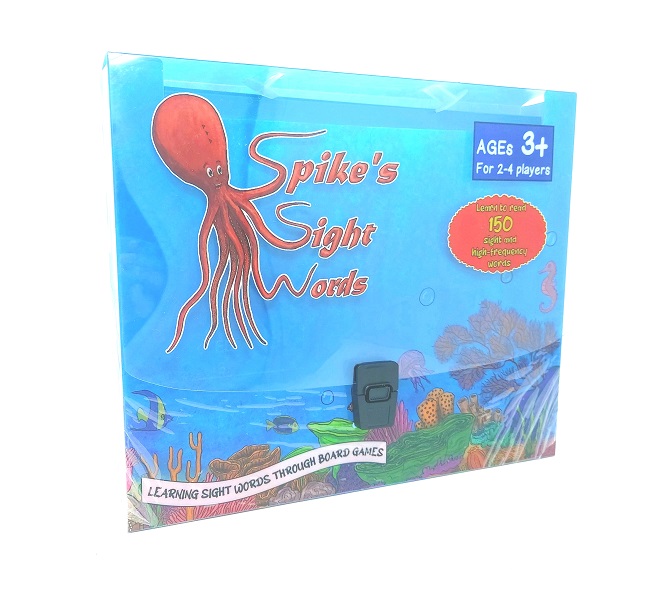What is the meaning of Game-Based Learning?
What is the difference between Gamification and Game-Based Learning?
Gamification is turning the learning process into a game, while Games-Based Learning is using a game as part of the learning process. Either way by incorporating gamification or GBL in the classroom, educators can help students transition learning from a chore to a fun process.
What is Game-Based Learning in the classroom?

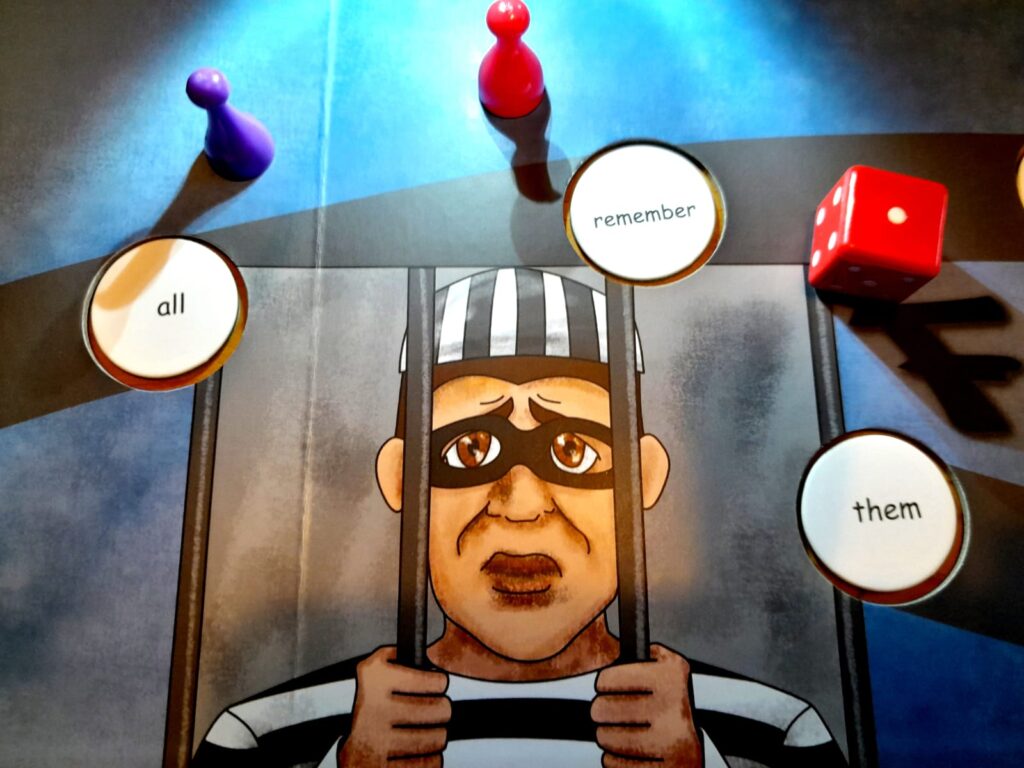
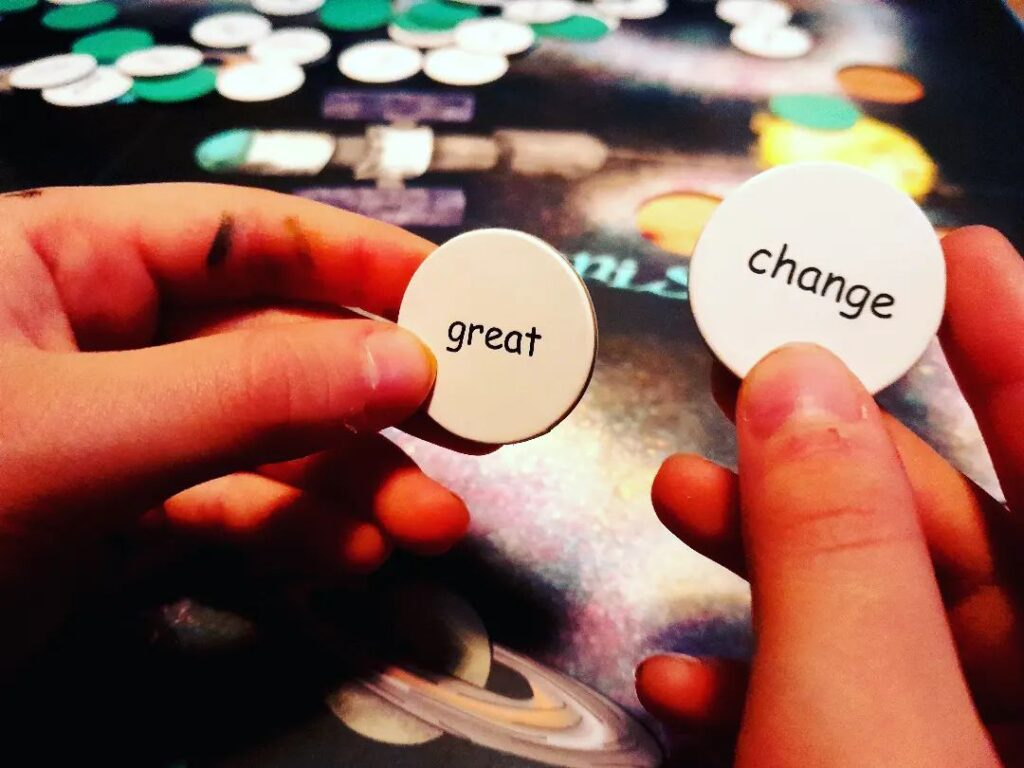
How can Game-Based Learning help with children with special educational needs?
Whilst Game-Based Learning is beneficial to almost all children’s learning, it has been specifically proven to assist students who are struggling in the classroom due to special educational needs (SEN). Special educational needs can affect a child’s ability to learn and can hinder their ability to read, write, socialise, concentrate, understand things, and more. Because many students struggle with SEN, it is important to find learning strategies that work well for them, one of which is Game-Based Learning. This is something our board games focus on. Each pack comes with 3 boards which on average only last 5 minutes each. This is ideal for those with low-attention spans.
According to a 2016 study exploring how gamification and game-based learning can motivate children with dyslexia and other special educational needs, game-based learning can foster motivation in children with dyslexia because of its highly customisable design paired with its pedagogically tailored appropriation by teachers. This finding is extremely relevant for children with dyslexia or other SEN because it demonstrates how crucial it is that game-based learning be customisable to fit every student’s needs.
Because of its flexibility, gamification and game-based learning can help students with many different special educational needs.
What are the benefits of learning on board games?
- Board games promote family time. …
- Board games build communication skills. …
- Board games can help children with special needs. …
- Board games teach children to follow instructions. …
- Board games help children learn to fail. …
- Board games encourage healthy competition. …
- Board games helps children understand how others think.
